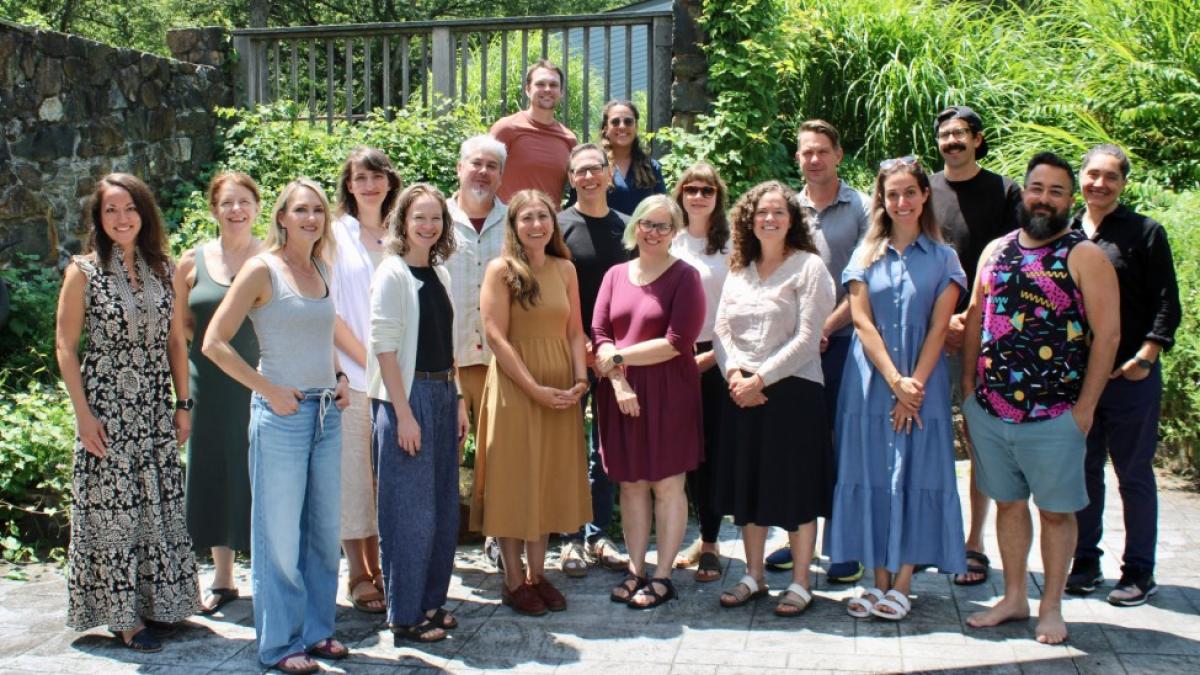Over the course of three days, the Environmental Law Collaborative (ELC) convened in Briarcliff Manor, New York to discuss “Blue Sky Thinking in a Red Sky World.” The ELC comprises a rotating group of law professors who assemble every other year to think, discuss, and write on an important and intriguing theme in environmental law. This year, the group focused on how to think optimistically and proactively about environmental protection when so much is going so quickly in the opposite direction.
A Brief Legal History of Wisconsin Conservation
Pace | Haub Environmental Law Professor Jason Czarnezki's article "A Brief Legal History of Wisconsin Conservation,” co-authored with 3L Carolyn Drell, was published in the Marquette Law Review. The article examines the legal history of Wisconsin conservation — how the state’s conservation values were expressed in law, how its natural resources law has evolved and what that has (and has not) embodied, and how Wisconsin helps us define modern concepts of “conservation.”
Born and raised in Wisconsin, Professor Czarnezki recounts his own childhood interest in environmental issues sharing the early visionary work of Gerald Czarnezki (Grandpa Gerry), who was, at the time, considered something of a radical conservationist, as well as the work of his father Joe Czarnezki, who drafted and sponsored significant environmental legislation while serving in the Wisconsin State Senate and Assembly.


